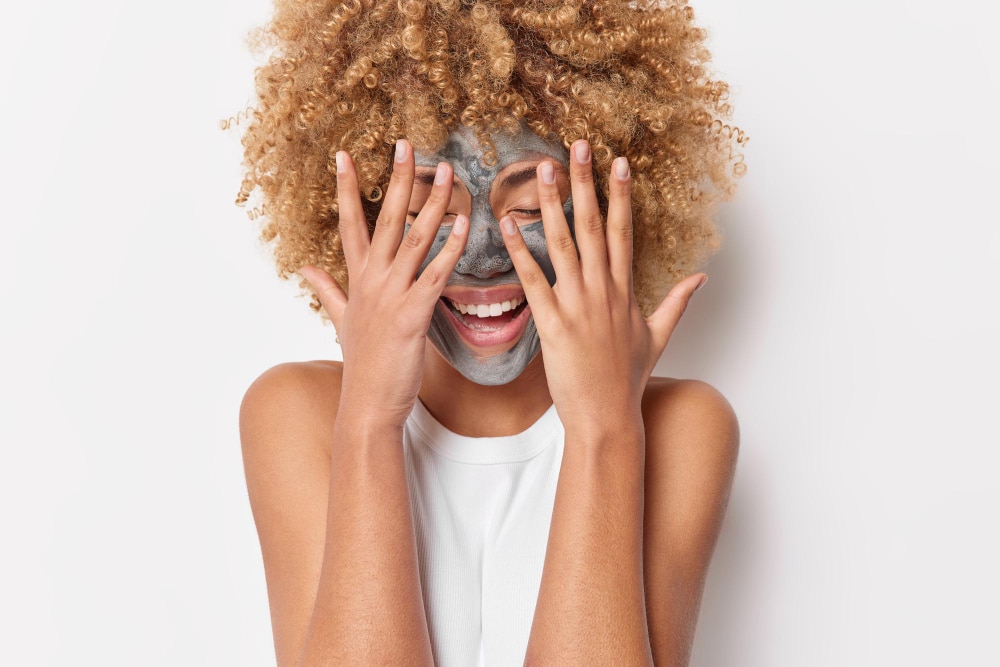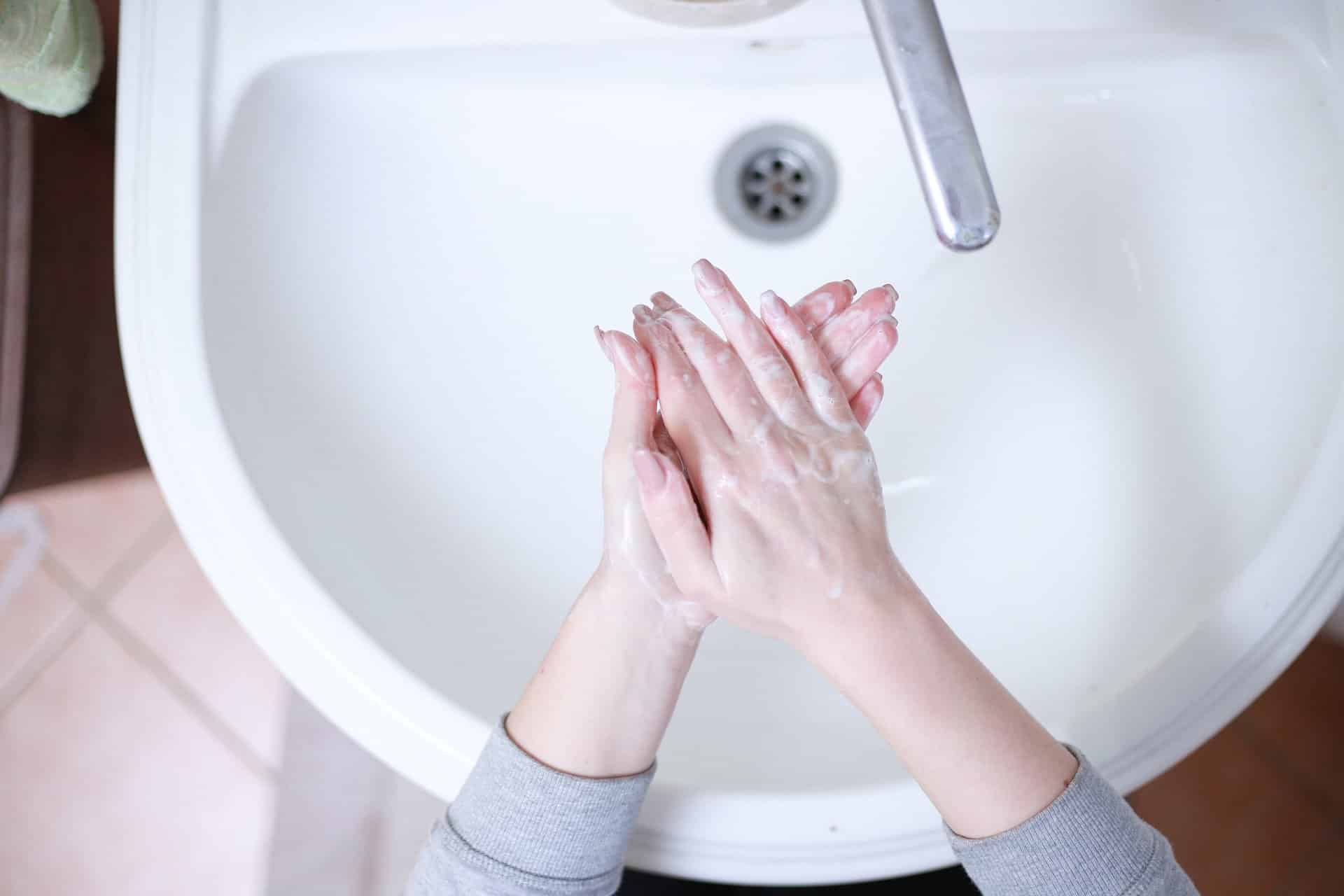Cancer patients undergo different therapies that can affect the skin. For example, radiotherapy causes the affected area to turn red and irritated. In addition, your skin becomes sensitive to specific ingredients like perfumes and preservatives.
Skin problems that result from chemotherapy and radiotherapy differ among patients in type and severity.
Typical problems include redness, cracks, dryness, roughness, and swells. Whereas most skin issues go away after therapy, you want to maintain healthy and comfortable skin during treatment. Here is a guide to an effective skincare routine for cancer patients.
Use Appropriate Oils and Creams
Chemo causes inflammation that can make your skin dry out fast, and hormone therapy following treatment dries out the skin. So, when you start treatment, always moisturize with a thick oil that contains protective ceramides. If you want further details and guidance, visit this page and check out the role of moisturizers in your treatment journey.
Many patients, especially breast cancer patients, develop a rash around the chest and lymph nodes. The patches become itchy with time and could turn into abrasions. Daily application of a mild prescription before therapy shields you from the severity of the symptoms.
Find a Skin Brightening Practice
Your everyday skincare practice may be the leading cause of skin problems. Dealing with cancer is hard enough, and you don’t need additional stress from such issues. So, to feel confident, choose a brightening skincare practice. Also, consider changing your products as advised by your dermatologist.
Keep your skin in good condition with serum, exfoliators, and face masks. Choose a serum suitable for your skin type and apply it to your skin before you moisturize. Serums treat your skin’s inner layer to brighten and give your skin a glow. You could also use vitamin C serum to minimize hyperpigmentation.
Exfoliators improve your skin’s ability to absorb moisturizers and serums. If you have dry skin cells, exfoliators eliminate unwanted cells. In addition, avoid exfoliation if you have sensitive skin. Finally, an appropriate face mask should hydrate and draw impurities from your skin.
Consider Adequate Skin Hydration
Water and other healthy drinks moisturize your skin. Unless your doctor advises otherwise, drink a lot of water regularly. Avoid hot water showers and use warm or lukewarm water to take a bath. Also, use a scent-free and moisturizing bath soap. Then, moisturize with a cream or lotion immediately after toweling your skin.
When washing your hands, rinse the soap thoroughly, especially between your fingers. Then moisturize your hands with an appropriate moisturizer. If you are out for a few hours, carry a hand lotion to hydrate your skin whenever needed. Finally, opt for a moisturizer rich in oils to lock in moisture after you bathe or wash your hands and face.
Use Skin-Compatible Makeup
Makeup boosts your confidence and improves comfort when your skin has suffered visible damage. Cancer therapies sometimes cause spots and discoloration that you may want to conceal if you feel too uncomfortable. For example, foundation covers bruises, and primer evens your skin tone.
Get a makeup kit to store all your products to avoid contamination. Also, always wash your hands before you apply makeup. If you suspect that your makeup products are contaminated, replace the items to keep your skin safe from bacteria.
Enhance Proper Hygiene
Cancer treatment calls for utmost hygienic practices to prevent skin irritation caused by dirt and excess oils. So, wash your skin to eliminate germs and other bacteria that cause infection. Avoid harsh products that strip natural oils from your skin. If you have oily skin, use a gentle cleanser on oily parts of your back, chest, and neck.
During chemotherapy, fragile and dry skin becomes sensitive. So, avoid skin care products flooded with extra ingredients such as fragrances. Instead, opt for hypoallergenic products that don’t irritate your skin.
Consider Sun Protection
Some cancer therapies trigger an abnormal response to ultraviolet damage. As a result, your skin becomes photosensitive and calls for more sun protection. First, cover your head with a cap, turban, or headband, especially if you’ve lost hair. Also, always use enough or slightly more than enough sunscreen for excellent protection.
Use sunscreen with SPF 30 and above. Carry a tube of sunscreen when you go out for longer hours. A sticky sunscreen is more convenient for active outdoor activities because you won’t get sunscreen all over your hands when you retouch. Finally, opt for a mineral sunscreen with a formula of zinc oxide.
Avoid Excess Products
If you are used to various products or layers on your skin, go bland to give your skin time to recover. Cancer therapies make your skin extremely sensitive, even to some products you consider normal. So, you may have to change or replace them. Otherwise, your skin may become irritated and take longer to recover from damage.
In addition, dramatic routine change isn’t always necessary for everyone. If you still want to maintain your usual products, consult a dermatologist. Your dermatologist may either replace some products or ask you to drop some. Nonetheless, you will retain your routine if your products don’t cause significant harm.
Consider Lip Protection
Chapped lips are typical during chemotherapy and usually result from excessive dryness. Lip balms that aren’t hypoallergenic chap your lips. They also lead to recurring allergic reactions.
Don’t use any lip gloss available on the market for sun protection. Instead, go for the types that have SPF protection. Carry your lip balm and reapply whenever needed. Some of the ideal products to use for your lips are those with phenol, mental, or camphor. Also, opt for a lip balm with moisturizing content like glycerine and shea butter.
Conclusion
Cancer and the associated treatment is a challenging journey, but you can make yourself more comfortable if you understand how to counter the side effects. A gentle skincare routine is an ideal and most effective way to keep healthy skin.





